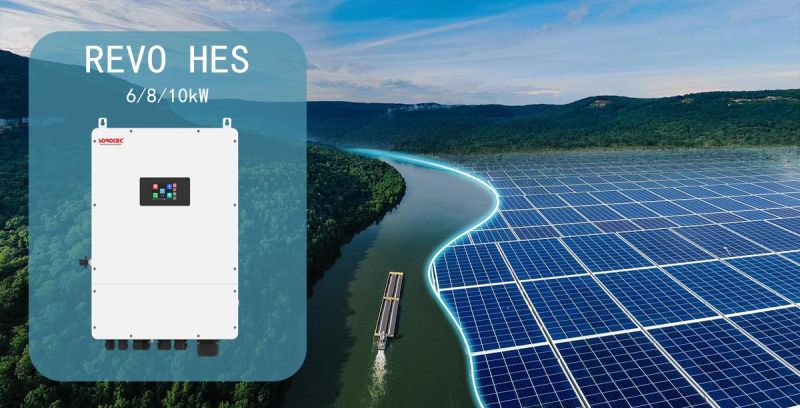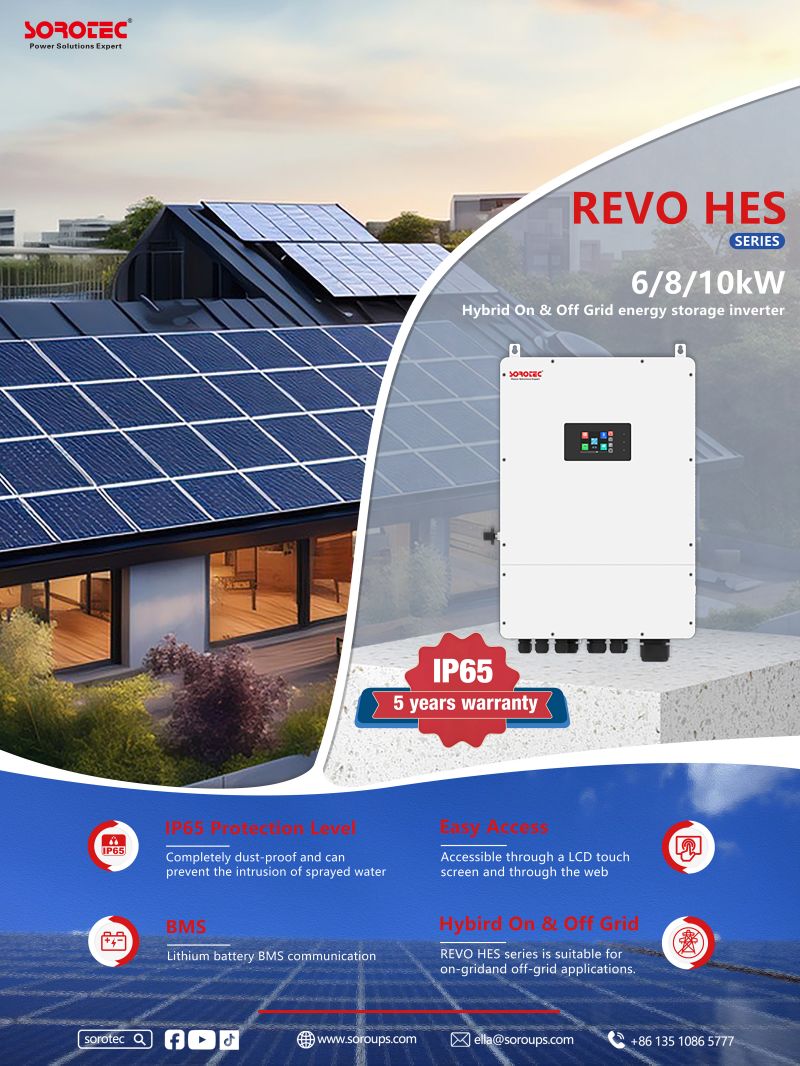
In today's rapidly developing green energy era, photovoltaic (PV) power generation, as one of the most promising and forward-looking clean energy sources, is gradually becoming a key force driving the global energy transition. However, PV systems, particularly their core component—the inverter—face significant challenges in outdoor environments. Extreme weather, dust storms, and other natural elements not only test the durability and reliability of inverters but also directly impact the overall power generation efficiency and stability of the PV system. The IP65 protection rating effectively addresses these challenges.
What is IP65?
IP rating, or Ingress Protection, is a standard established by the International Electrotechnical Commission (IEC), specifically IEC 60529, used to evaluate the protection level of electrical enclosures against foreign objects.
The "5" in IP65 represents the waterproof rating, meaning the inverter can withstand low-pressure water jets from any direction, ensuring it functions normally in extreme weather conditions like heavy rain or floods. This waterproof performance prevents water from penetrating the inverter, avoiding issues such as short circuits and electrical leakage, thereby ensuring continuous and stable operation of the PV system.
The "6" in IP65 refers to dust protection, meaning the inverter is completely protected from dust ingress. This feature is particularly important in harsh weather conditions like dust storms. It prevents dust and other particles from eroding and contaminating the internal components of the inverter, reducing issues like poor heat dissipation and short circuits caused by dust accumulation, and thus extending the lifespan of the inverter.
Why Choose IP65?
1.Enhanced Environmental Adaptability: PV inverters are usually installed outdoors and exposed to harsh environmental conditions such as sunlight, wind, rain, and dust. The IP65 protection rating ensures that the inverter can operate normally in these extreme conditions, significantly improving the reliability and lifespan of the device.
2.Improved System Stability: As the core component of a PV system, the stability of the inverter is directly related to the overall power generation efficiency and operational safety. The IP65 rating reduces inverter failures caused by environmental factors, lowering maintenance costs and enhancing the overall stability and reliability of the PV system.
3.Ensuring User Benefits: For PV power plant investors and operators, the stable operation of the inverter means higher power generation and lower maintenance costs. The IP65 rating provides long-term stability and revenue assurance, reducing investment risks.
4.Promoting Green Energy Development: As the global demand for green energy continues to grow, the performance and stability of inverters have become critical factors limiting green energy development. IP65-rated inverters, with their excellent performance and broad application prospects, are leading the rapid growth of the green energy industry

Post time: Sep-12-2024






